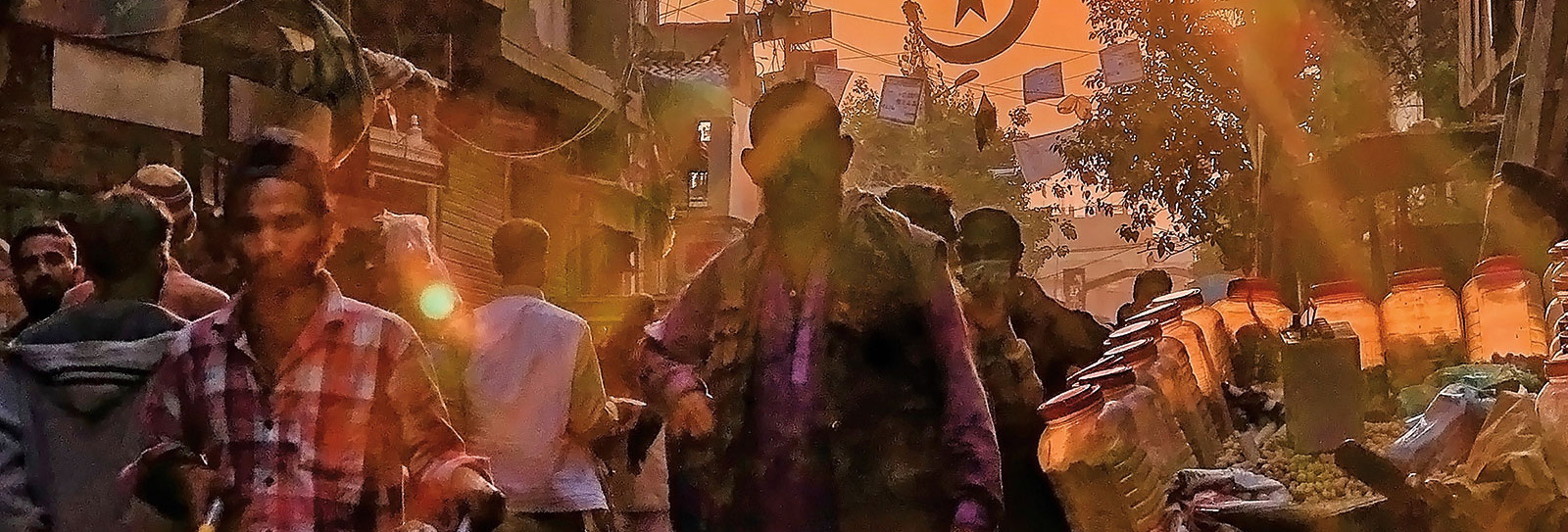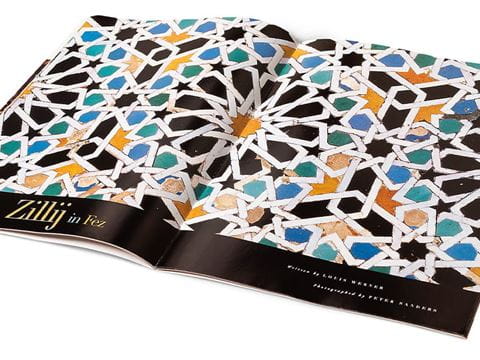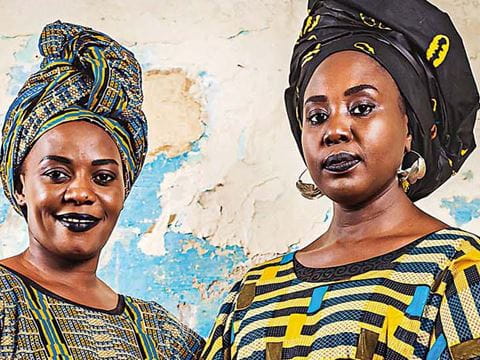
Spotlight on Photography: Karachi's Golden Hour Wows Khaula Jamil
For a long time now, I have felt there is a richer, more complete narrative about Karachi—my hometown—than what is often produced in news media.
For a long time now, I have felt there is a richer, more complete narrative about Karachi—my hometown—than what is often produced in news media. I’ve seen it labeled one of the world’s least-livable cities, one of the most violent. Perhaps. But that’s not Karachi’s full story.
For this photo series, I walked the narrow alleys of Lyari, the most-populated locality of Karachi, with two German filmmakers who were interested in capturing authentic Karachi narratives. It was nearing sunset, and as I looked up, I saw stunning rays of light spilling into the street. It was the “Golden Hour,” or “Magic Hour,” as we photographers call it—that time right after sunrise and right before sunset that offers the softest, warmest, most-dramatic lighting, perfect for photography. Many people were walking home from work, and I remember thinking I had never seen the Golden Hour quite this distinctively in any part of Karachi before. It was magical indeed, and the scene shown here reflects words that come to my mind in describing my city’s people: resilient, passionate, courageous and determined.
—Khaula Jamil
@khaula28
www.khaulajamil.com
You may also be interested in...

Spotlight on Photography: Explore Moroccan Zellige (Zillij) Tilework in Fez With Peter Sanders
Arts
In patterns and refractions, the old city of Fez, Morocco, comes to life through the geometric tile works known as zillij. In 2001, AramcoWorld commissioned photographer Peter Sanders to tell the story of a family who for five generations has added new dimensions to art and architecture.
"Duet": Senegalese Double Portrait
Arts
“Duet” comes from the Latin root word duo which means two. The Duet series focuses on double portraits, a tradition in West Africa.
Spotlight on Photography: Relive the 1980 Grand Prix Through Michael Turner's Racing Photos
Arts
Amid the roar of racers zooming toward the finish line in London during the 1980 Grand Prix, longtime auto-racing photographer and renowned artist Michael Turner trained his lens on a Saudia-Williams FW 07.